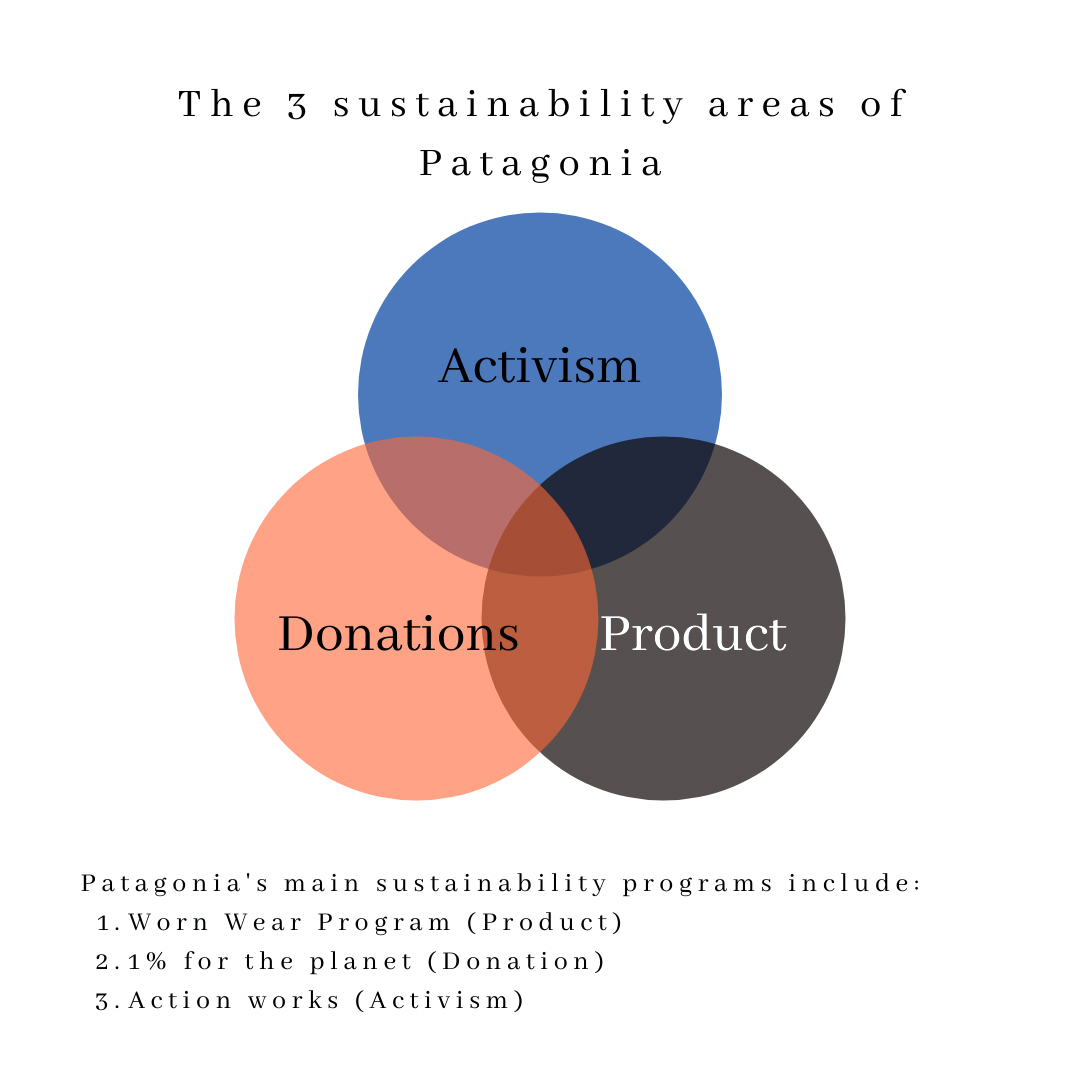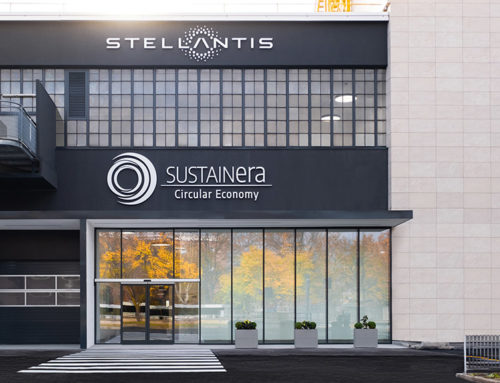A sustainable business model is one that balances economic, social, and environmental considerations to create long-term value for both the company and its stakeholders. In the realm of sustainable business practices, few companies shine as brightly as Patagonia. Renowned for its commitment to environmental and social responsibility, Patagonia has become a prime example of how a business can thrive while prioritizing the planet and people. Let’s delve into the key elements that make Patagonia’s business model a beacon of sustainability.
Triple Bottom Line (TBL): Balancing Profit, People, and Planet
The Triple Bottom Line approach evaluates a company’s performance based on three dimensions: economic, social, and environmental. This means measuring success not only in terms of financial profit (economic), but also in terms of social and environmental impact. This broader perspective helps ensure that the business considers its responsibilities to people and the planet alongside profitability.
At the core of Patagonia’s success is the Triple Bottom Line approach. It’s not just about financial profit; it’s about considering the social and environmental impacts of every business decision. Patagonia is a certified B Corporation, embodying a commitment to high standards of performance, accountability, and transparency.
Circular Economy Practices: Extending the Life of Products
A sustainable business model often incorporates principles of the circular economy, which aims to minimize waste and make the most of resources. This involves designing products for durability, reuse, and recycling, as well as adopting practices such as waste reduction, recycling, and the use of renewable resources.
Patagonia actively promotes a circular economy. The “Worn Wear” program encourages customers to repair and recycle their gear, emphasizing longevity over disposability. By encouraging the repair and resale of used products, Patagonia reduces waste and minimizes its environmental footprint.
Stakeholder Engagement: Listening to the Community
Engaging with and considering the interests of various stakeholders, including employees, customers, suppliers, communities, and investors, is crucial for sustainability. A sustainable business model seeks to create positive relationships with all stakeholders and addresses their concerns, contributing to long-term success and stability.
Patagonia’s success is intertwined with positive relationships with stakeholders. Patagonia engages with customers, employees, and environmental organizations. Notably, through initiatives like “1% for the Planet,” Patagonia donates 1% of its sales to environmental causes, actively participating in global sustainability efforts.

Innovation and Adaptability: Leading the Charge
Sustainable businesses are often characterized by their ability to innovate and adapt to changing environmental, social, and economic conditions. This may involve adopting new technologies, exploring alternative materials, or developing more sustainable processes. An adaptive and innovative mindset is essential for navigating evolving sustainability challenges.
Patagonia’s commitment to innovation is evident in its sustainable materials and manufacturing processes. The company pioneers the use of recycled materials in its products and continually explores new ways to reduce its environmental impact. The ability to adapt to evolving sustainability challenges is a hallmark of Patagonia’s success.
Transparency and Accountability: Opening Up the Supply Chain
Transparency is a key element of a sustainable business model. This includes openly communicating about the company’s environmental and social impacts, as well as its efforts to address challenges and improve performance. Accountability involves taking responsibility for negative impacts, setting targets for improvement, and regularly reporting on progress.
Transparency is a cornerstone of Patagonia’s sustainable business model. The company openly communicates its supply chain details and environmental impact. Through annual environmental and social responsibility reports, Patagonia shares its challenges, progress, and future sustainability goals, fostering trust and accountability.
These elements work together to create a holistic and responsible approach to business, aligning economic success with positive contributions to society and the environment. Patagonia serves as an excellent example of a company that has successfully integrated sustainability into its business model, demonstrating that profitability and environmental/social responsibility can go hand in hand.






